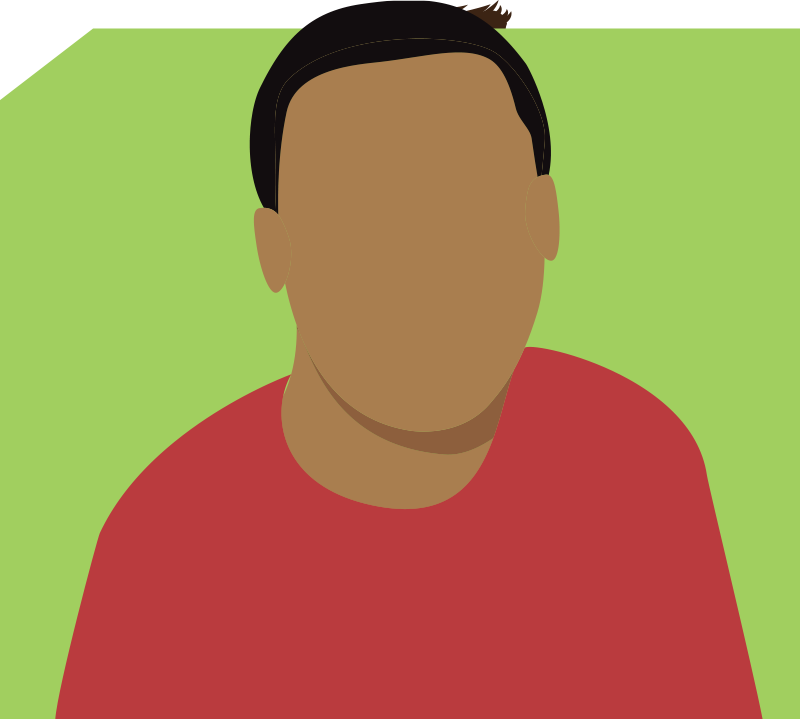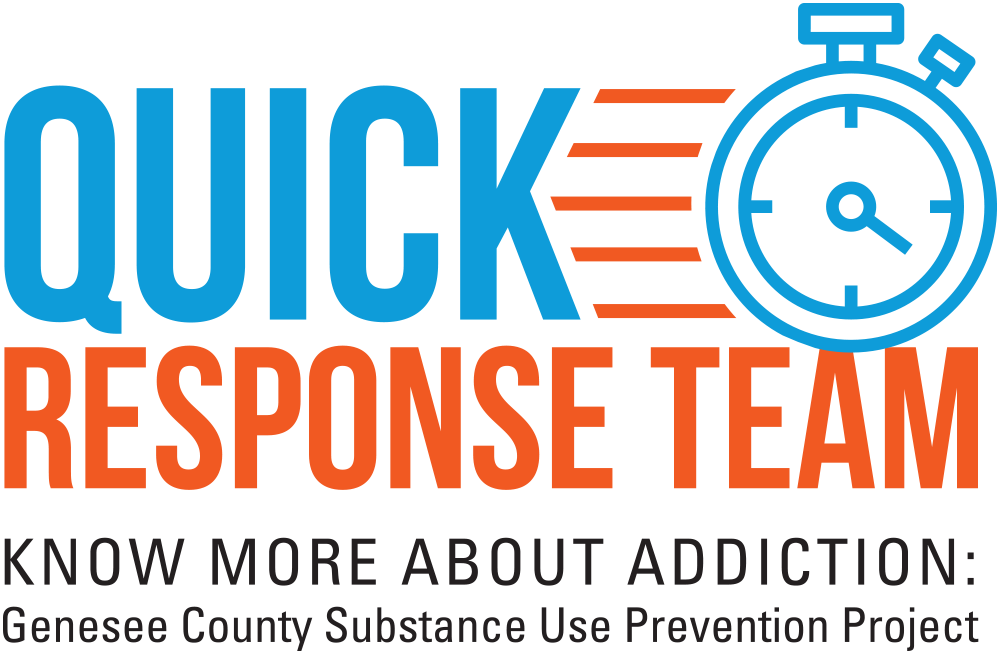Can a Person Overdose on Cocaine?
Yes, a person can overdose on cocaine. An overdose happens when a person uses enough of a drug to have a very bad reaction or death. An overdose can be intentional or unintentional. A cocaine overdose can cause a heart attack or stroke, and you can die. Death from overdose can occur on the first use of cocaine or unexpectedly thereafter.
Know the Signs of Cocaine Overdose:
- Throwing up
- Chest pain
- Fast heartbeat
- Shaking
- Feeling hot
- Panic
- Hallucinations (seeing things that aren’t there)
If someone you know has any of these signs, you should call 911 right away.1
Know the Health Consequences of Cocaine Use
Some of the most frequent and severe health consequences of overdose are:
- Irregular heart rhythm
- Heart attacks
- Seizures
- Strokes
Other symptoms of cocaine overdose include difficulty breathing, high blood pressure, high body temperature, hallucinations, and extreme agitation or anxiety.

Know Cocaine Use Can Lead to Addiction
As with other drugs, repeated use of cocaine can cause long-term changes in the brain’s reward circuit and other brain systems, which may lead to addiction. The reward circuit eventually adapts to the extra dopamine caused by the drug, becoming steadily less sensitive to it. As a result, people take stronger and more frequent doses to feel the same high they did initially and to obtain relief from withdrawal. Withdrawal symptoms include:
- Depression
- Fatigue
- Increased appetite
- Unpleasant dreams and insomnia
- Slowed thinking
Former cocaine users are at a high risk for relapse, even following long periods of abstinence. Research indicates, that during periods of abstinence, the memory of the cocaine experience or exposure to cues associated with drug use can trigger strong cravings, which can lead to relapse.2
Know That Support is Available
Remember that addiction is a disease and those suffering should be treated with care and compassion, as with any other disease. It is a chronic brain disease that can be managed with medical treatment. Talk to your doctor and considering finding a support group to come together with others facing addiction and the road to recovery. It may be helpful to learn from the experience of others and receive emotional and social support.



